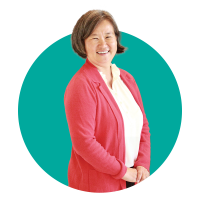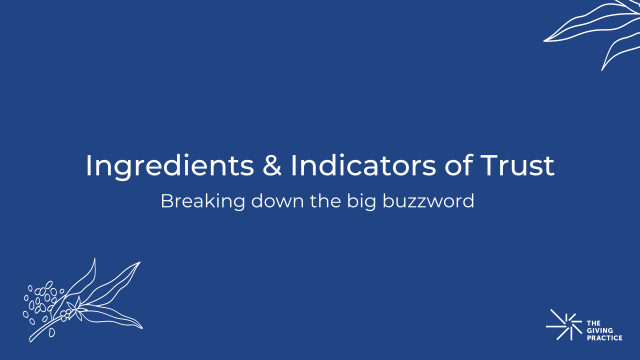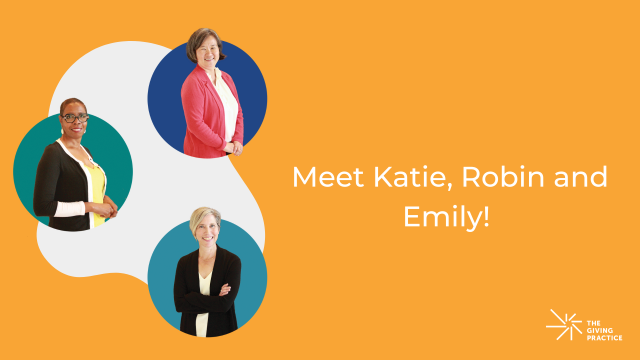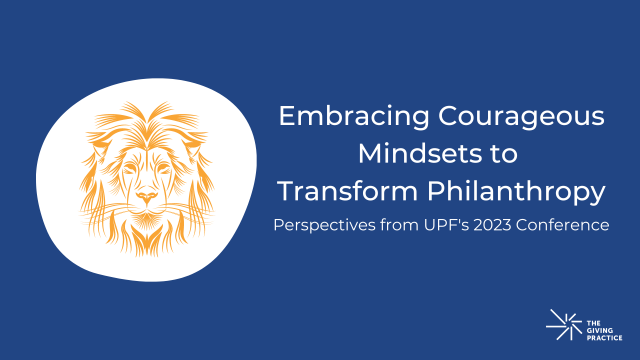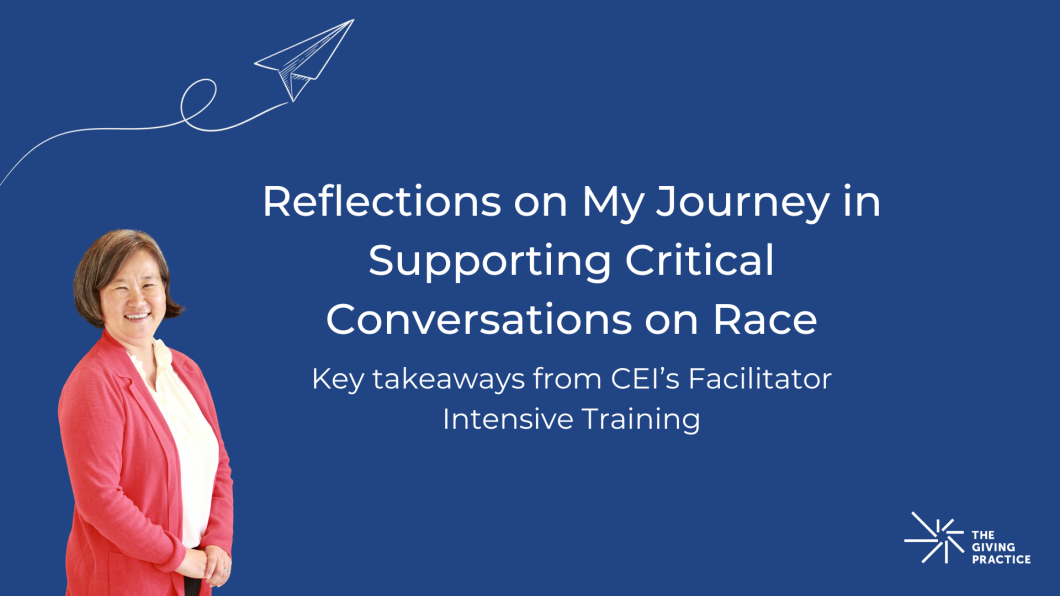
I was born in South Korea and immigrated to the United States with my family when I was 8 years old. Growing up in predominantly white communities, I wasn’t always able to name or articulate the problem of racism and the multiple layers of inequities because, like most people growing up in America, I wasn’t taught the full history of race in this country in my K-12 education or equipped with the critical thinking to see the challenge at multiple levels. But I felt that things were unfair and not right. Why were my parents who were college-educated not able to find work that was commensurate with their education? Why were they often treated as 'less than human' and our family always 'foreign' because of the color of our skin? Why was it that people in leadership and in positions of power were almost always white-bodied?
It wasn’t until I went to college and entered the professional world that I learned most of what I now understand about race as a social construct – one that was designed and embedded into our systems and institutions to produce the levels of inequities that we see today in education, employment, wealth and overall wellbeing. This realization led me to pursue a professional career of advancing equitable systemic change – first in multiple roles in government and then for the past 20 years in philanthropy – transforming, disrupting, sometimes creating new systems to support more equitable outcomes in education, youth development and housing security.
While I’ve always been eager to take on positions where my stated role was to advance systemic equitable change, in the past, I sometimes avoided spaces where the goal was to talk personally about race and equity – specifically with those who I perceived had a different view than I did or expressed any kind of resistance to the topic. As a person of color, I felt exhausted and emotionally drained in these spaces and to be honest, I also felt angry and at times, insecure. If people weren't willing to see racism or different layers of inequities, would they really be 'seeing' me? Did I know enough, and could I be smart, articulate, strategic and effective enough to change their mind?
At our most recent team training facilitated by the Center for Equity and Inclusion (CEI), I had the opportunity to wrestle with these questions together with my peers and work through some of the discomfort that I’ve had in the past engaging in challenging conversations, particularly with those who don’t share my perspective.
I found the week-long experience to be transformational both personally and professionally, as it surfaced three valuable reminders to hold when navigating and supporting difficult yet critical conversations on race:
1. The role of a facilitator or leader in supporting race equity conversations isn’t to change people’s minds. It is, instead, to help cultivate the conditions for minds to transform.
This simple statement made me realize why I, in the past, avoided conversations on this topic with people who I thought disagreed with me. I had been unconsciously holding the belief that it was my job to change their minds – and that if I couldn’t change their minds, then, at some level, I was not “smart” or “strategic” enough. I also realized that subconsciously, I was looking for those people to agree with me, because I wanted so desperately to belong. If they couldn’t see what I saw, then what would it mean for me personally? Would they be accepting me? Would I belong?
I now realize that my role as a facilitator is not to change someone’s mind – only they can do that. And I no longer want to hand over my power to someone else to tell me whether I get to belong. Whether a person shifts their perspective has no bearing on whether I belong or whether my perspective is valid. Taking back my own power here is liberating. I can now truly approach difficult conversations from a place of curiosity because what someone else thinks is no longer associated with how I see or value myself.
2. Transformation happens in relationship.
We need each other to see multiple truths and to learn about our blind spots. In many ways, we’re all victims to racism and the insidious ways the construction of race has been used to divide and separate us. Given this separation, we can experience reality differently based on where we are situated racially, geographically, etc. This is why transformation is not an individual experience. Racial equity work can’t happen outside of relationships. Why? Because relationships are the glue that help us get motivated and stay motivated to learn, unlearn and take healthy responsibility and accountability when we cause harm or rupture trust with each other. And this is why engaging in authentic and brave conversations on race, equity and justice is so critical – something I’m grateful to have the opportunity to participate in and facilitate here at Philanthropy Northwest and The Giving Practice.
3. There are many practical skills and tools to support transformative race equity conversations.
The training reminded me of the power of specific tools and methods that my TGP colleagues and I have long used with clients. Skills like:
- Supporting the container with group agreements and actively holding people accountable to living into the agreements
- Asking powerful questions which can help reveal people’s assumptions and beliefs
- Using stories to help us strengthen relationships and our understandings of multiple truths
- Active listening to mirror, align and then bridge to a different perspective
- Effective practices to give and receive feedback
- Prompts and processes that can support healthy responsibility and accountability
Today I am more motivated to engage in challenging conversations on race and equity with people who don’t necessarily share my views. I'm also more at peace with, at times, choosing to not have conversations with people who aren't willing to face or acknowledge racism, and instead letting my white peers take the lead, particularly in conversations with other white people.
No matter where we are in our personal and professional equity journeys, taking time to pause, reflect and learn from others in our community is so critical to sustaining our work.
I’m grateful to Hanif Fazal and Matt LaVine at CEI for such a powerful learning experience. And as I move forward in my consulting and coaching practice, I'm excited to continue to integrate these powerful reminders and practical tools to support philanthropic organizations and their leaders who are working to advance racial equity.
Katie Hong is a Senior Advisor at TGP. You can learn more about Katie here.
Let us know how we're doing with our insights and resources!
